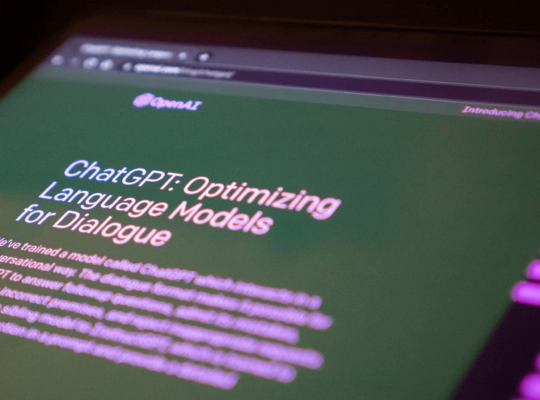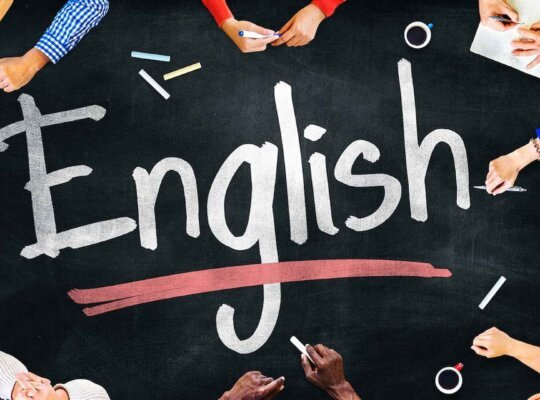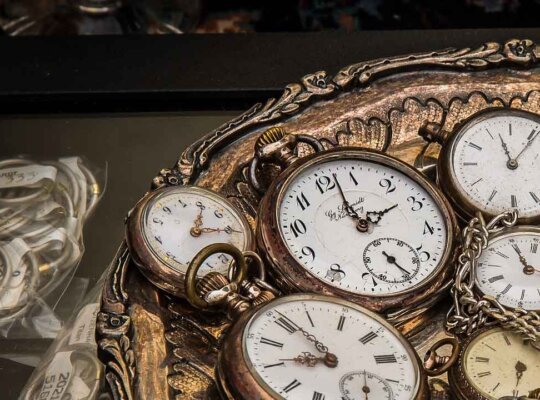Every year the world observes the International Day of Islamophobia on the 15th of March. The day provides an opportunity for people all around the world to raise awareness about the rise of anti-Muslim sentiments and take action to combat discrimination and prejudice against Muslims. The recent hate incident at a mosque in Canada has once again alarmed the Muslim community and also serves as a reminder that there is a need to do more to address and counter the Islamophobic narrative, especially in the West.
Earlier on Thursday, a 28-year-old suspect vandalized the Markham mosque in the province of Ontario during the morning prayer which was seen as a hate-motivated incident. The news reports said that the suspect had also threatened to burn down the mosque, uttered slurs against the Muslim community, and tried to ram his vehicle over the worshippers.
According to recent studies and statistics, Muslims in the US, Canada, and the European countries have experienced increased levels of discrimination and hate crimes. The reports highlight that Islamophobia is not just a problem for Muslims, but it also undermines the core values of democracy, human rights, and social justice.
What is Islamophobia?
Islamophobia is a phenomenon that has become increasingly prevalent in recent years. It is rooted in fear and hatred of Islam and Muslims and is fueled by misinformation, stereotypes, and negative media coverage. These biases have led to widespread discrimination and marginalization of Muslims, manifesting in various forms, such as hate crimes, social exclusion, and systemic inequalities.
One of the main causes of Islamophobia is the negative portrayal of Muslims in the Western media considering the legacy of the 9/11 attacks. Muslims are often depicted as a monolithic and inherently violent community, which reinforces harmful stereotypes and leads to the demonization of Islam. This creates a vicious cycle where the fear of Islam and Muslims becomes more widespread, which further fuels discrimination and prejudice.
What Should We Do?
As a Muslim, It is essential to raise awareness of the negative impact of Islamophobia and to advocate for policies that promote equality, diversity, and inclusion. This includes challenging Islamophobic discourse and stereotypes, promoting interfaith dialogue and understanding, and supporting initiatives that empower and amplify the voices of Muslims.
Moreover, it is crucial to recognize that Islamophobia is not just a problem for Muslims, but it is a problem for the broader society. It reinforces a divisive and intolerant narrative that seeks to divide communities based on their religious or cultural identity, leading to social fragmentation and mistrust. Therefore, it is essential to recognize the intersectionality of Islamophobia with other forms of discrimination, such as racism, xenophobia, and misogyny. There is a need to address these issues collectively.
As individuals, we can also play a role in combating Islamophobia. This includes educating ourselves about Islam and Muslims, challenging negative stereotypes and misconceptions, and advocating for policies and initiatives that promote diversity, inclusion, and social justice. By raising awareness, challenging stereotypes, and advocating for change, we can work towards a more inclusive and equitable society, where diversity is celebrated and valued.

Meet Sir Faisal Amin – a visionary educator and content management expert, who has made a lasting impact in the education sector with his unwavering commitment and passion.








